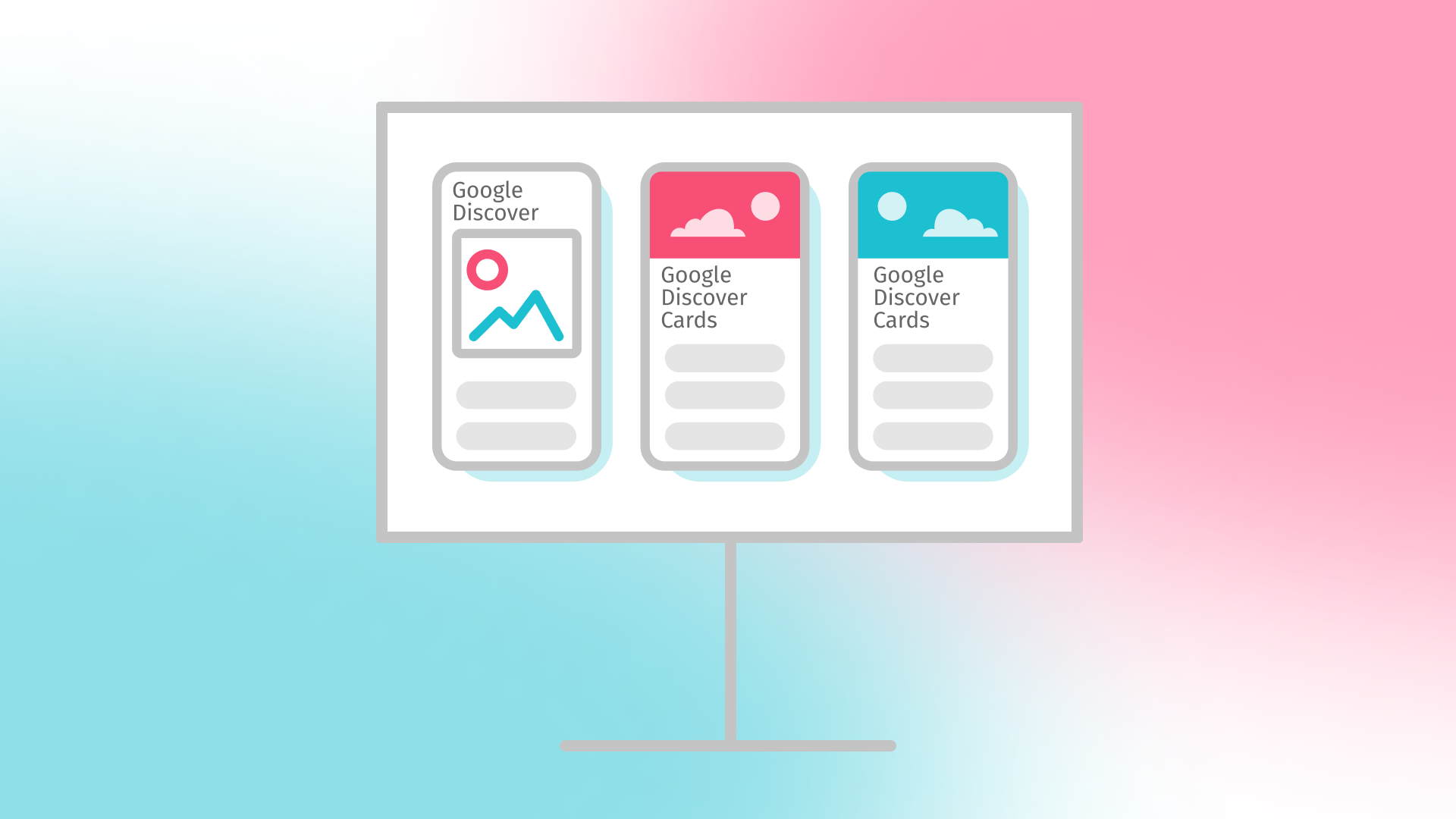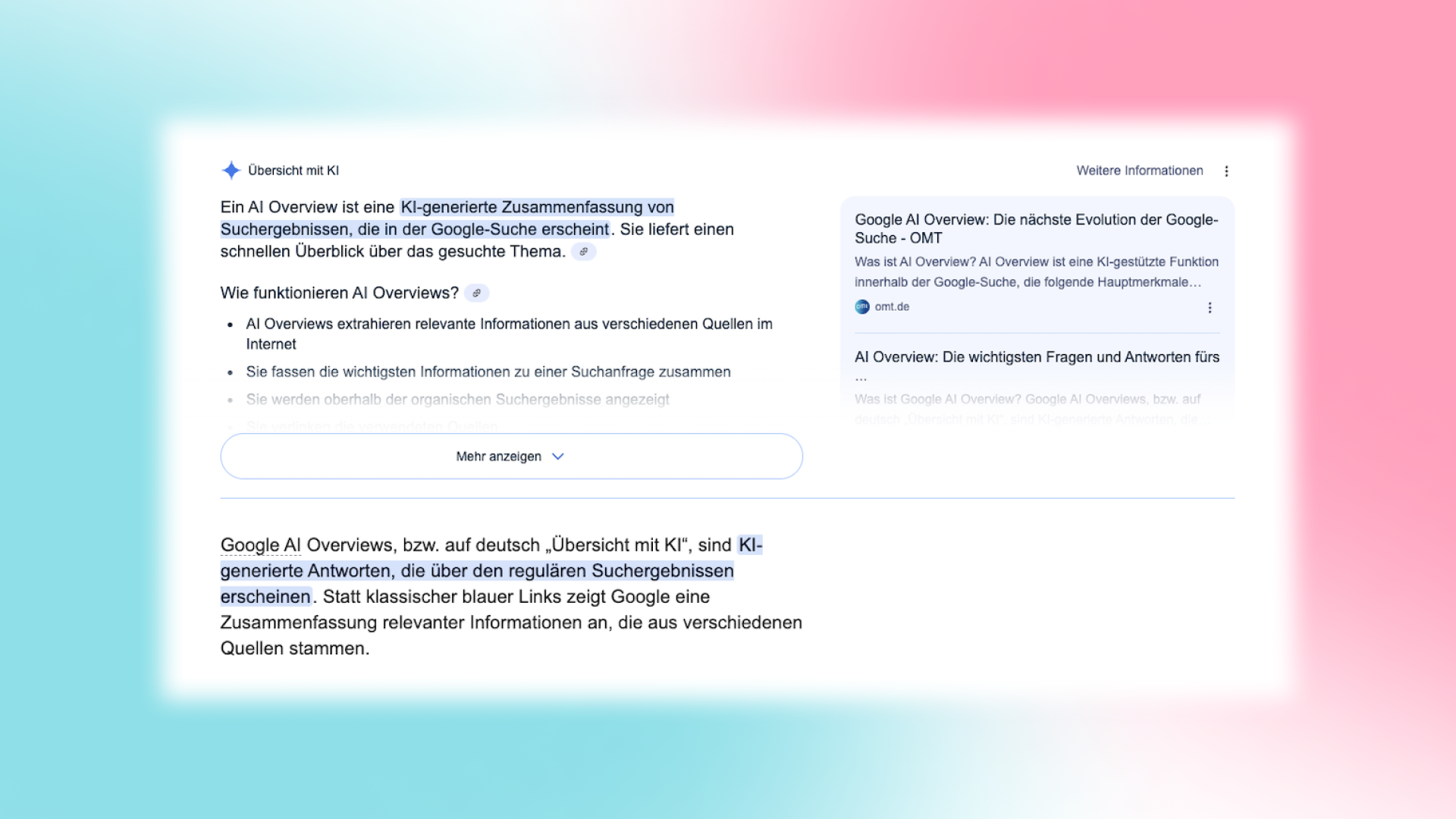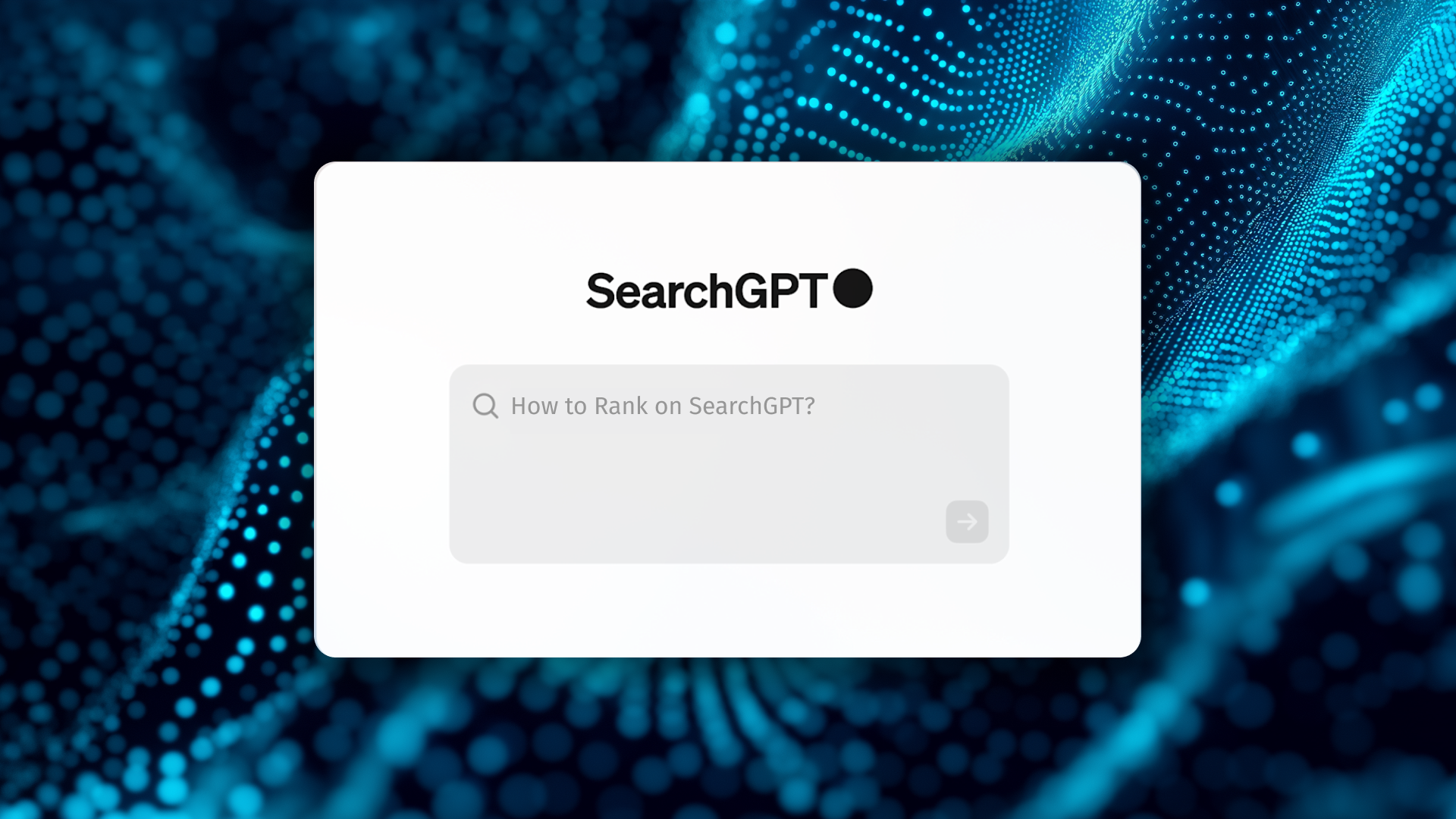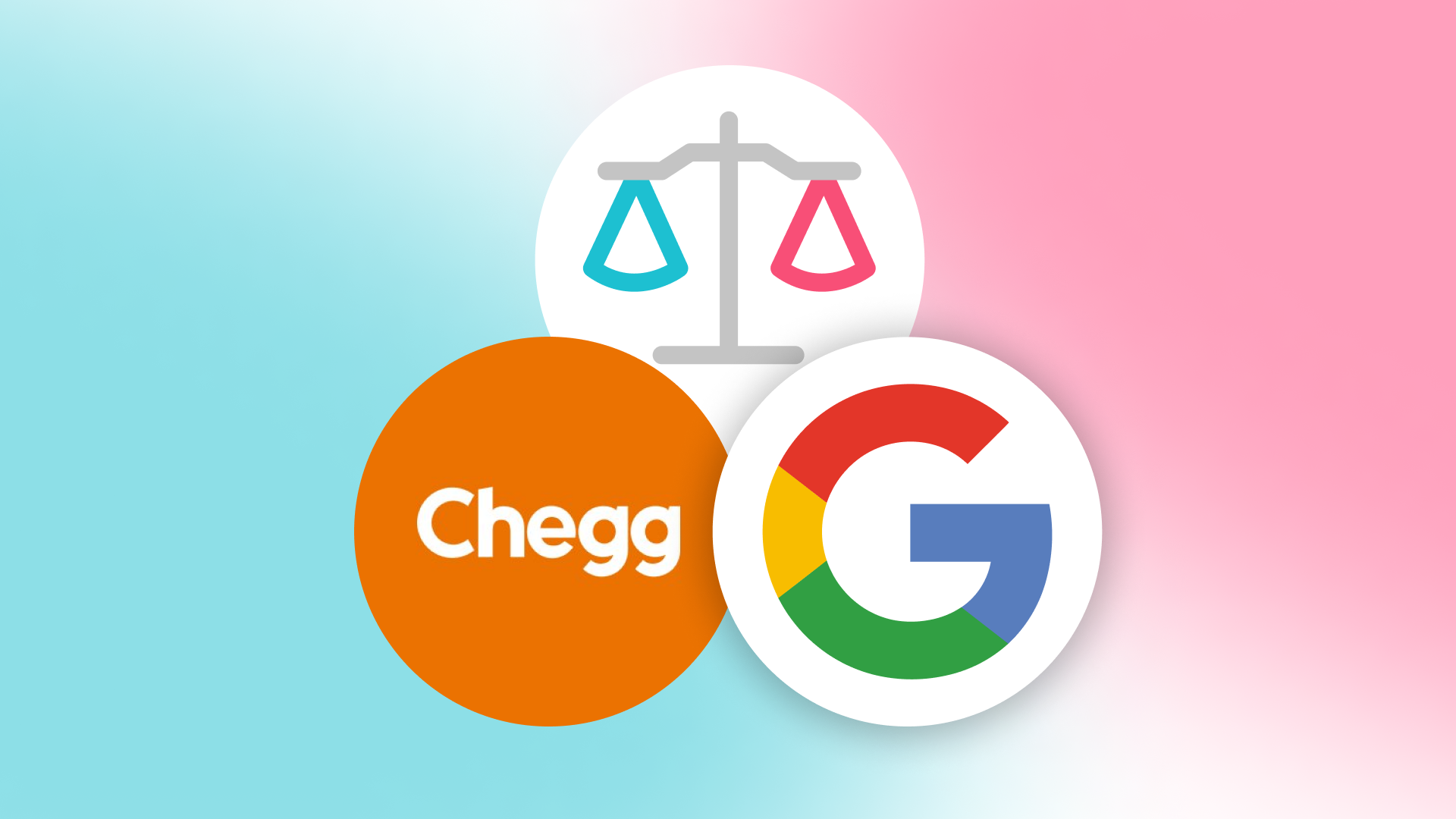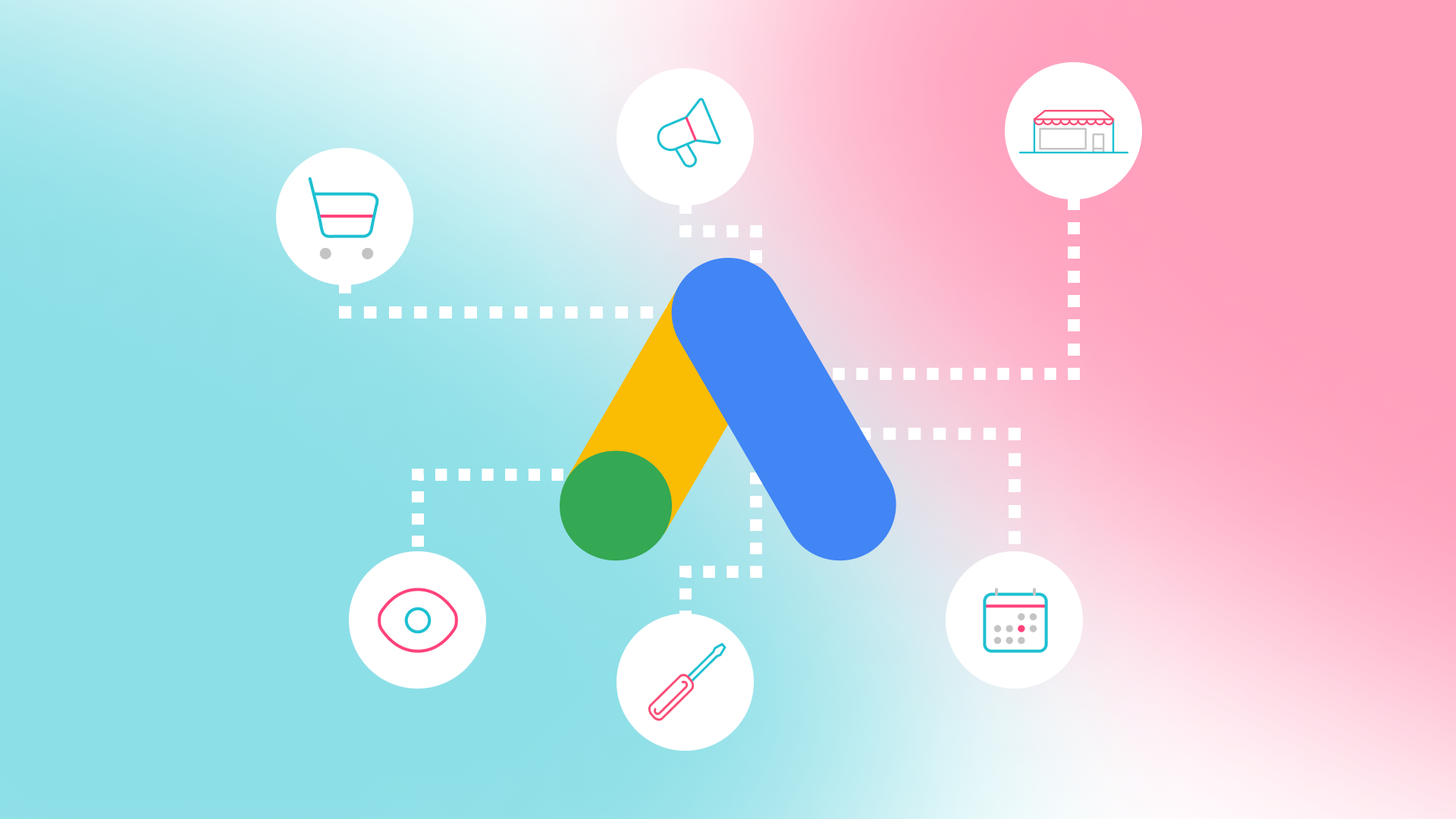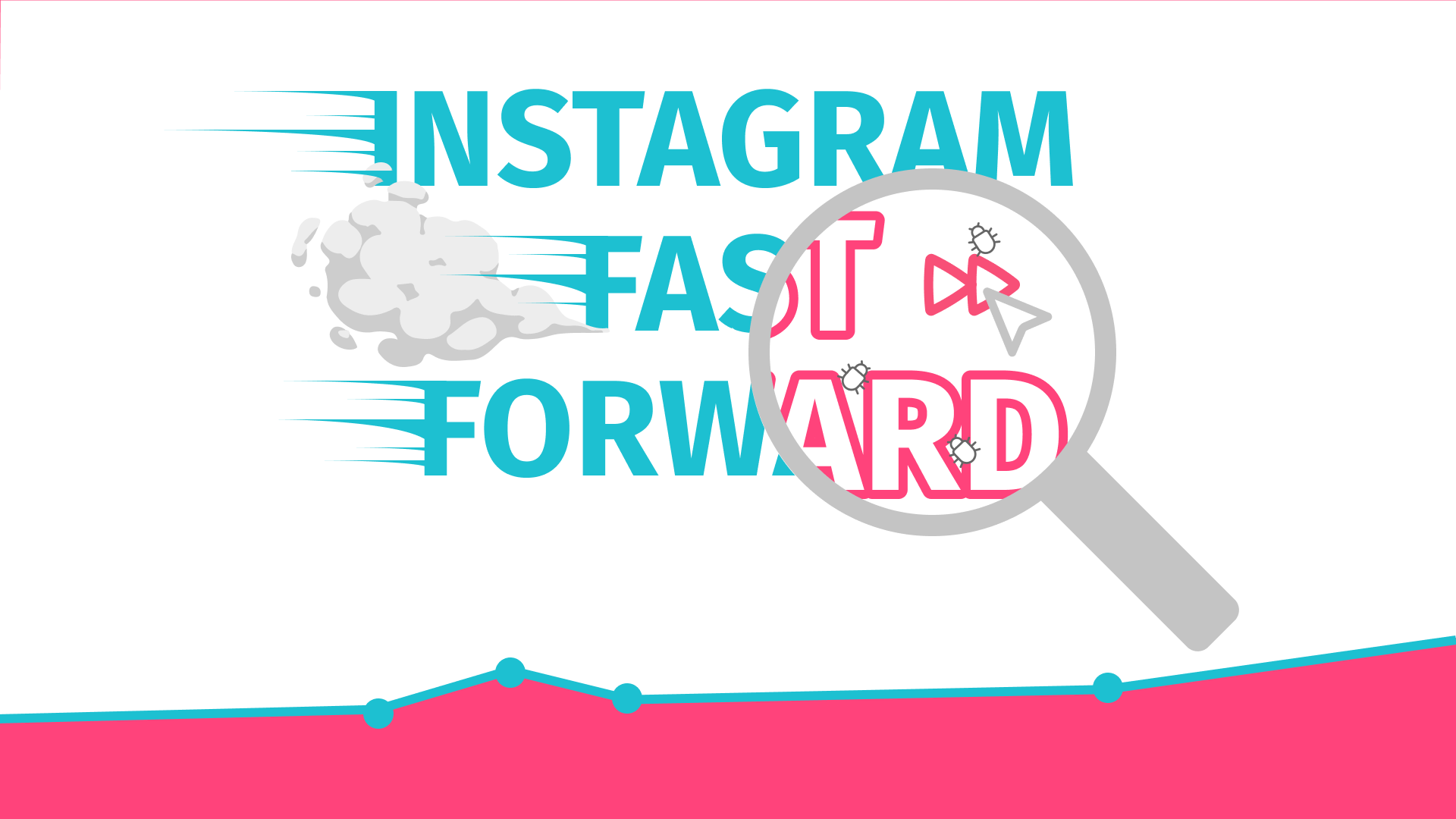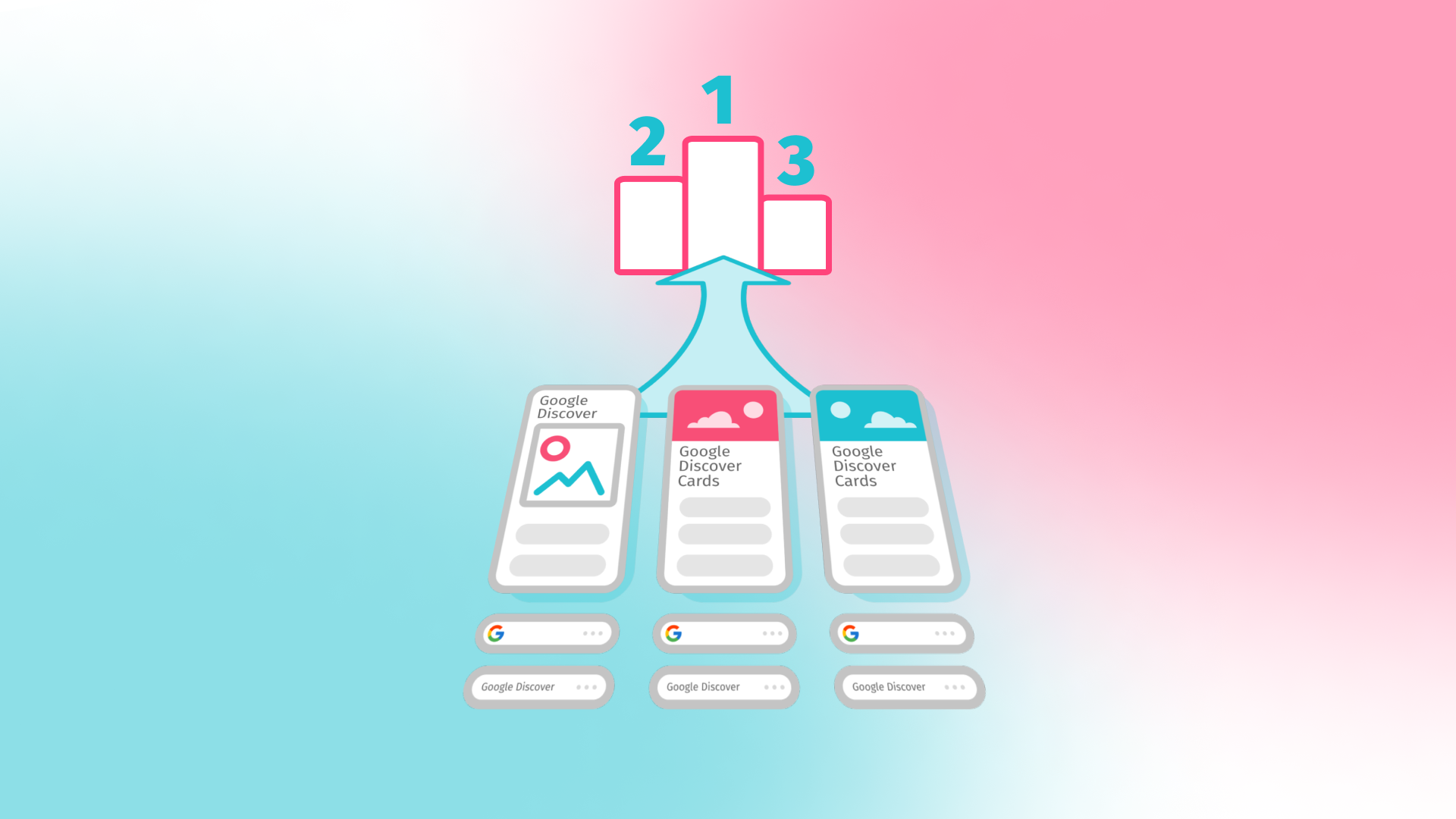The world of artificial intelligence (AI) is growing rapidly and offers numerous tools that support companies and private individuals alike. From text creation and image processing to data analysis, AI tools such as ChatGPT, Google Gemini Pro and Microsoft Copilot help to make work processes more efficient and achieve better results. These leading technologies make it possible to automate tasks in various areas and increase productivity. In this article, we give you an overview of the best AI tools and their possible applications.
AI tools for speech recognition and text creation
Many AI tools have become established in the field of text creation and speech recognition, which not only save time but can also improve the quality of content.
AI for text creation
AI tools such as Neuroflash, Jasper, ChatGPT, Claude AI or Meta LLaMA are ideal for companies that need high-quality content but do not have the time or personnel for manual text creation. Neuroflash stands out in particular because it not only generates appealing texts, but also performs in-depth SEO optimisation. It analyses relevant keywords and target groups and creates customised content for blogs, social media or advertisements. Jasper, ChatGPT, Claude AI and Meta LLaMA also use AI to create texts quickly and efficiently, which are often almost indistinguishable from human-written texts in terms of quality and style. Claude AI is particularly specialised in generating more complex texts and offers additional functions for text refinement, while Meta LLaMA stands out due to its high performance in processing and creating large volumes of text. These tools are particularly helpful in content marketing, where new, relevant content is required on a regular basis.
AI translation tools
Globally active companies often require translations into different languages. DeepL is a leading solution here, enabling texts to be translated accurately and in a stylistically appealing manner. Compared to other translation tools, DeepL often delivers better results, especially for complex texts or technical jargon. Google Translate is another tool that also offers a useful solution, albeit often less precise in depth.
You can use these AI tools for image and video creation
Visual content is crucial for marketing campaigns, and AI has also found its way into this area. Whether it's creating images or editing videos, there are a variety of tools that can optimise this process.
AI tools for image processing and image creation
In image processing, Adobe Sensei is a leading AI tool that is integrated into Adobe products such as Photoshop and Lightroom. It helps to automatically optimise images, adjust colours or remove unwanted objects.
In addition to image editing, Artbreeder and RunwayML also offer creative options for image creation. These tools use AI to create new image compositions, which makes them particularly interesting for creative industries. For automated image creation, tools such as DALL-E (from OpenAI), MidJourney and Adobe Firefly have proven to be groundbreaking. These applications allow designers and marketers to generate creative and customised image content quickly and easily. They are particularly useful for those who need visual content for campaigns in a short space of time.
In addition, brandmark.io offers a specialised solution in the field of corporate design by automatically creating logos and design proposals. It uses AI to develop customised visual identities for brands, significantly simplifying and speeding up the creative process.
Remove background with AI tools
The Remove.bg background remover is particularly useful for anyone who needs to crop images, whether for e-commerce or marketing purposes. With just one click, the background of an image can be removed and the subject cropped. In addition to Remove.bg, Canva is also an extremely useful tool for removing the background of images quickly and easily. The user-friendly platform not only makes it possible to crop images, but also to edit them further and optimise them for various marketing purposes. Especially in combination with Canva's other design features, users can create professional graphics without the need for in-depth design knowledge.
These tools help with data analysis and visualisation
Data is at the heart of modern business decisions, and AI tools such as Tableau and Power BI enable companies to efficiently analyse and visualise large amounts of data. These tools use AI to transform complex data sets into easy-to-understand charts and dashboards that support decision-making. Another useful tool is Looker (Google), which provides data-based insights and helps to recognise trends and patterns. DataRobot goes one step further and offers automated machine learning models to perform deeper analyses and make predictions. These tools help companies to make data-based decisions quickly and accurately and adapt their strategies accordingly.
AI tools also help companies
AI can be used not only in data analysis or content creation, but also in many other areas of the company, from marketing to project management and SEO.
AI tools in marketing
Tools such as HubSpot or Marketo (Adobe) are indispensable in digital marketing. These platforms use AI to optimise marketing campaigns, segment target groups and create personalised content. This enables companies to work more efficiently and address their customers in a more targeted manner.
AI tools for project management
Trello in combination with Butler, an AI-based automation tool, is a very good choice for project management. It helps to organise tasks automatically and reminds you of important deadlines. Monday.com also offers similar functions that are supported by AI and enable teams to plan and manage projects efficiently.
In addition, Asana and Fellow are excellent tools that further optimise project management through AI-supported solutions. Asana allows teams to break down complex projects into manageable tasks, while AI helps to prioritise and monitor progress. Fellow is particularly useful for meeting management and uses AI to support better organisation of meetings and tracking of to-dos to improve team communication.
Another powerful tool is Microsoft Copilot, which is deeply integrated into Microsoft 365. Copilot supports users in creating project plans, spreadsheets and documents by making automated suggestions and helping to manage tasks efficiently. By integrating with programmes such as Word, Excel and PowerPoint, it makes a significant contribution to further increasing the productivity and structure of projects.
There are also helpful AI tools for presentations
With tools such as Beautiful.ai or Pitch, impressive presentations can be created in no time at all. These programmes use AI to automatically make design suggestions and showcase content perfectly. Slidebean is another tool that uses AI to analyse content and automatically optimise the structure and layout of presentations.
Which AI tools are available in the SEO sector?
There are also specialised AI tools for SEO optimisation. Surfer SEO or SEMrush offer AI-supported analyses that make it possible to optimise websites for search engines and increase their visibility. They analyse keyword performance, backlinks and many other factors that are crucial for a good ranking. Tools such as Frase and Clearscope help to create and optimise content in a targeted manner, while MarketMuse identifies gaps in content.
AI tools at school and university
AI tools also provide valuable support in the education sector, whether for teachers, pupils or students.
AI tools for teachers
Tools such as Socrative or Edpuzzle help teachers to make lessons more interactive. These AI-supported platforms offer quiz functions that analyse pupils' learning progress and make personalised learning suggestions.
AI tool for the classroom
Quizlet is another useful tool that is supported by AI. It enables the creation of learning and flashcards that are customised to the individual needs of the students and offers interactive learning methods.
And how can AI tools be used for scientific work?
For students who have to write academic papers, tools such as Grammarly or Scrivener are very helpful. These programs use AI to optimise the writing process, correct errors and make style suggestions.
Tools such as Citavi, Zotero or Mendeley are indispensable for literature research. These programs use AI to find relevant academic papers and organise them in the bibliography.
PowerPoint AI tools
There are also powerful AI tools for creating PowerPoint presentations. Designrr and Beautiful.ai automate the design process and create appealing slides from text and data. Microsoft Designer, integrated directly into PowerPoint, provides design suggestions based on the content of the slides. Zoho Show offers similar functions and is particularly suitable for teams.
How to get started in the world of AI tools
With so many AI tools on the market, the question often arises: where to start? A good starting point is to access several tools to compare their strengths and weaknesses. Platforms such as Perplexity AI offer an easy way to get started by not only providing comprehensive information but also comparing different applications. This allows you to find out which applications are best suited to your individual requirements, be it for text creation, image processing or data analysis. Such an approach helps you to select the optimal tool for your specific business needs.
The future of AI tools: What developments await us?
The rapid development of AI tools will not slow down in the coming years. Companies in all sectors will increasingly benefit from the possibilities of automation. Major advances can be expected in the field of AI automation in particular. New tools will act even more intelligently, adapt better to individual requirements and be able to complete tasks almost entirely without human intervention.
A growing trend is the use of AI tools for small companies that were previously only accessible to large corporations. With lower prices and more user-friendly platforms, it is also becoming easier for small and medium-sized companies to jump on the bandwagon of digitalisation and automation.
The integration of AI trends in 2024 will make great progress, particularly in the areas of natural language processing (NLP) and computer vision. This means that tools for speech recognition, text creation and image processing will become even more powerful and versatile. The use of AI in the creative industry, for example to create works of art or music, will be particularly exciting, offering companies new opportunities in content marketing.
The future of AI tools in the field of data analysis will also be exciting. Increasingly intelligent algorithms are expected here that not only analyse data, but can also proactively make recommendations for action. This development could trigger a revolution in business intelligence and decision-making.
By the way, AI is also playing an increasingly important role in SEO, making it essential to develop suitable AI SEO strategies.
Editor's note: No matter which tool you choose, remember: AI tools are powerful tools that support your work - but never completely replace it. Human expertise is always required to use these technologies sensibly and profitably.
This article was created with the help of AI, but carefully revised and checked by our editorial team.


